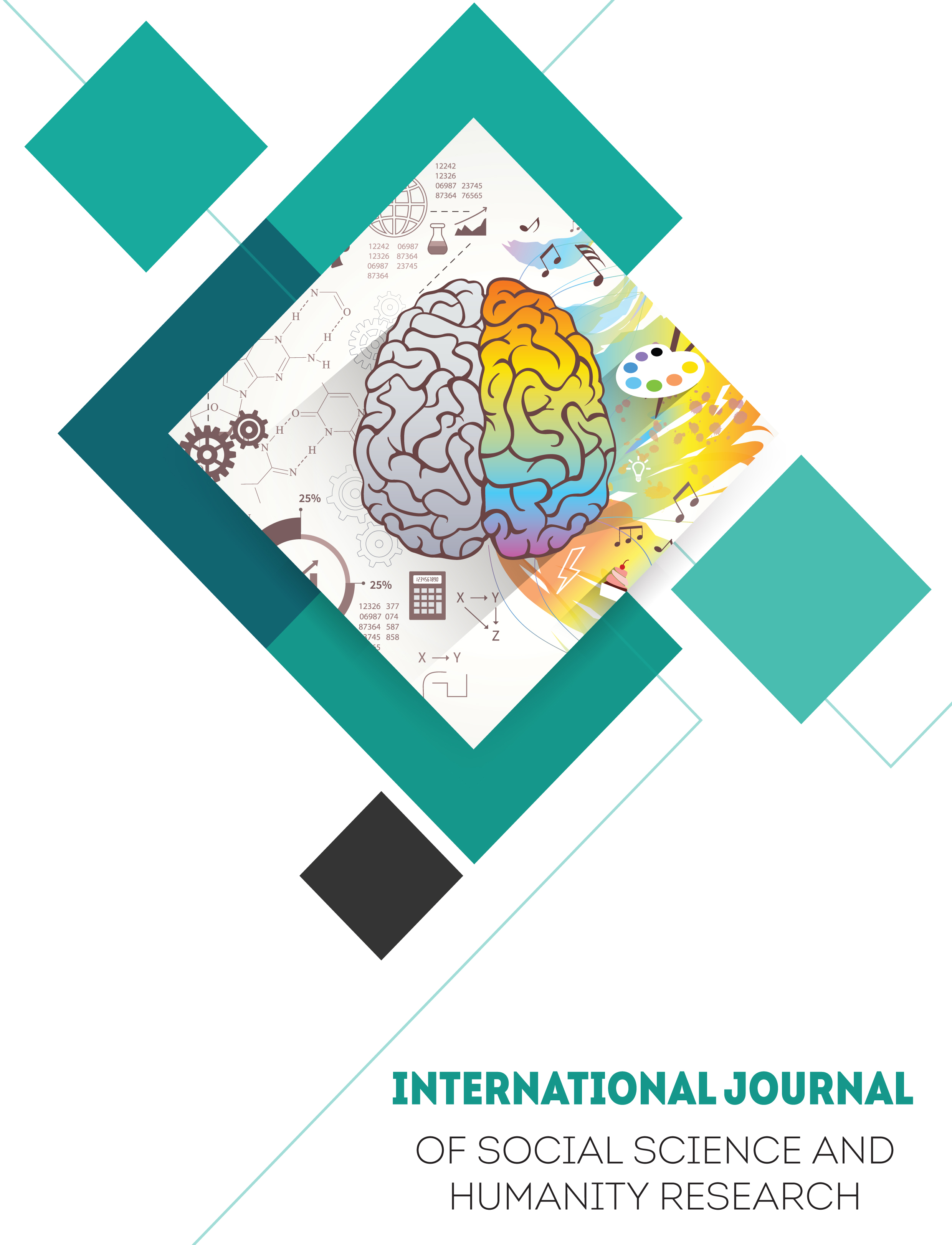PROTECTION OF HUMAN RIGHTS OF BANGLADESHI MIGRANT WORKERS’ IN SAUDI ARABIA: CHALLENGES AND WAY FORWARD
Main Article Content
Abstract
Abstract:
This research paper aims to examine the protection of human rights for Bangladeshi migrant workers in Saudi Arabia, focusing on the challenges they face and proposing recommendations for improvement. The objectives of this study are to explore the legal regime governing the rights of migrant workers, analyze its gaps and weaknesses, identify the challenges encountered by Bangladeshi migrant workers, and provide policy recommendations for enhancing the protection of their human rights. The scope of the research encompasses 4 aspects of human rights, including the right to equal treatment and non-discrimination, the right to freedom of movement, the right to fair and just working conditions, and the issue of sexual harassment faced by women workers. By investigating the legal framework and practices surrounding these rights, this study seeks to shed light on the existing deficiencies and areas for improvement. The research methodology employed in this study is qualitative, relying on the analysis of relevant literature, reports, newspapers, UN websites and case studies. This approach allows for an in-depth examination of the subject matter, enabling a comprehensive understanding of the challenges faced by Bangladeshi migrant workers in Saudi Arabia. Based on the findings, several recommendations are proposed to enhance the protection of human rights for Bangladeshi migrant workers. These include strengthening the legal framework and enforcement mechanisms, implementing awareness and training programs to educate both workers and employers about their rights and responsibilities, providing consular support and assistance to workers in distress, establishing bilateral agreements and cooperation between Bangladesh and Saudi Arabia, and establishing effective monitoring and reporting mechanisms to ensure compliance with human rights standards.
Article Details

This work is licensed under a Creative Commons Attribution 4.0 International License.

